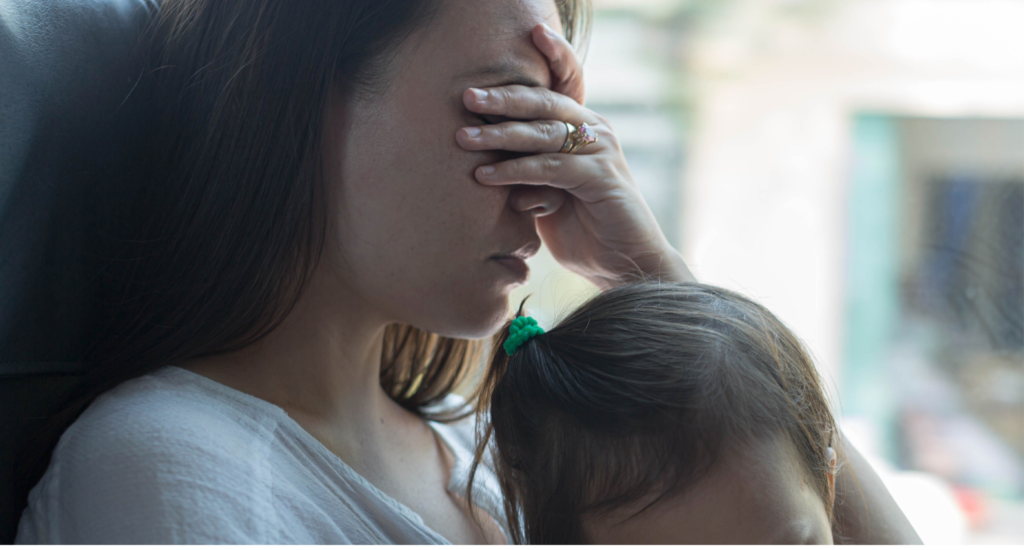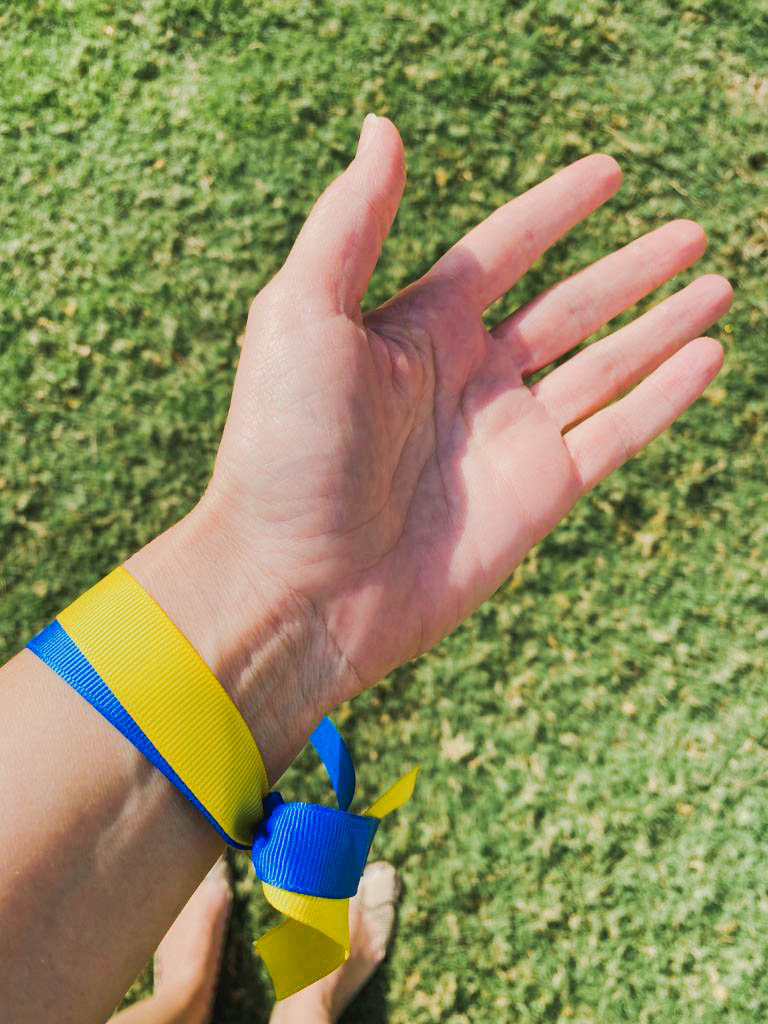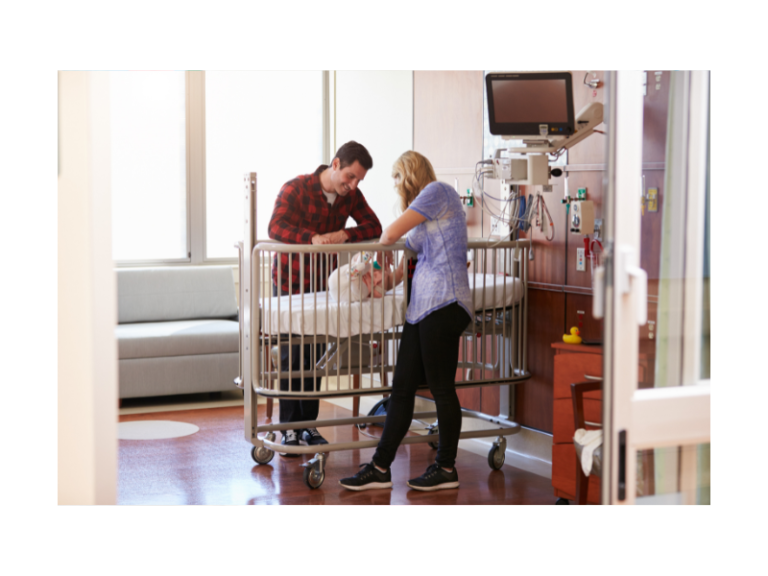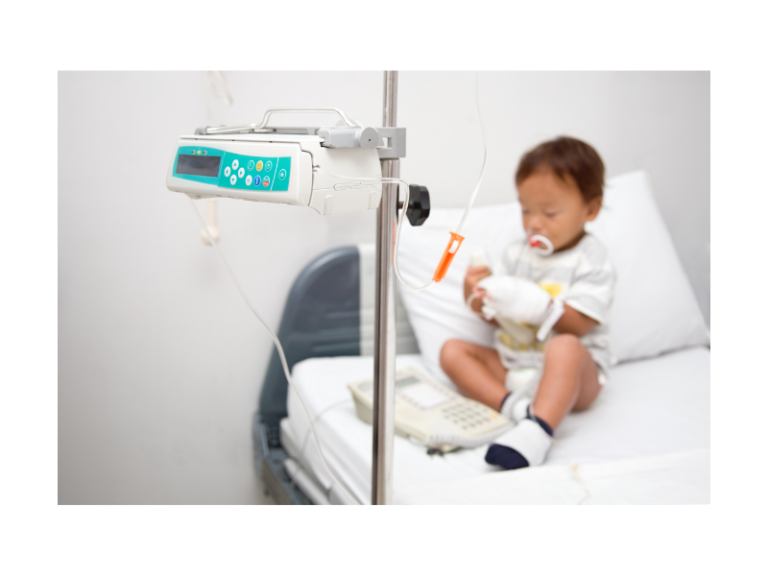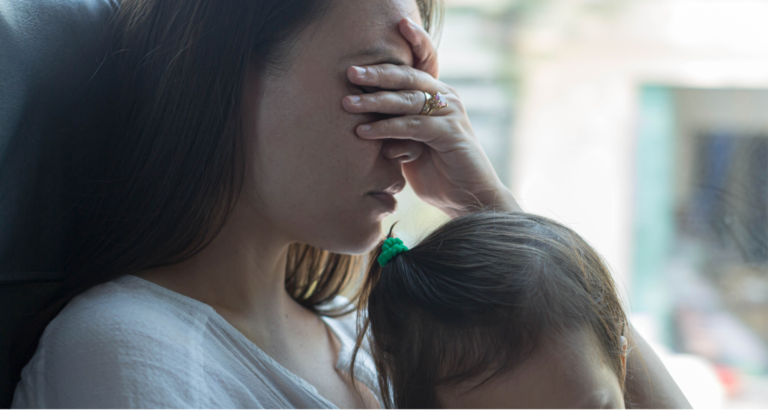What is mom-guilt?
I am a full time working mother of two school aged children. Over the past year I’ve been very much involved in my own work and my own personal and professional development. Which in simple words basically means that there have been many times throughout the school year that the children needed me to physically be there and I wasn’t present.
I have a wonderful support system, and lots of resources such as a nanny and school ride support. This allows me to know my children are in safe care for me to pursue my interests. However, there is a voice inside me that pops up frequently telling me I’m missing lots and lots when I am at work. And of course, work is work and I still need time for rest and recuperation. As a result I have often found myself in situations when I have felt I needed to choose between rest or my children. It is hard enough for them not having me around when they need me the most, so that critical voice in me says, you can’t take time out on top of that to do something enjoyable for you.
I know I am not the only one who feels this way. And these feelings are not unique to working mothers. Even mothers who are at home and doing all the school rides and all the playdates, can have mom-guilt. Their mom-guilt could be similar to me or different. For example, they might feel guilty about needing to rest and be away from the children. They might feel terrible when the kids come knocking on the door of the bedroom.
Two types of guilt
First, let’s differentiate between healthy guilt and unhealthy guilt.
Guilt as a whole is actually a very good emotion. Without it the world may not have enough conscience and care and humanity would be in trouble. If you feel guilty about taking something that isn’t yours then you are less likely to do it. Good!
Unhealthy guilt is when the guilt is pushing you to the edge of shame. Let’s say you feel guilty about missing school assembly and your child not seeing you in the crowd. And you might wish that you had been there which makes both you and your child feel sad. The emotion here is an opportunity to let your child know how sorry you are for missing it and explain why you missed it. This can let your child know that you care about them and that you didn’t want to miss the assembly.
You can then also help your child process how they felt about looking around the room and not seeing you. Perhaps they felt disappointed or angry, or they felt worried of what might have happened to you that you didn’t show up. This is all ok and can be handled in a really healthy way, which ultimately can help your child feel that their emotions matter and feel seen by you. Which in turn can help you do your absolute best not to miss the next assembly. All good!
Guilt on the edge of shame is unhealthy.
If the feeling of guilt slowly turns into self-limiting and unhelpful thoughts such as “you are a bad mother” or “you have to be perfect as a mother“, you are going to feel shame about your capacity as a mother. Guilt which turns to shame doesn’t help. You would feel limited in your options of how to remedy the situation, because if you think to yourself that you are a “bad mother,” then it doesn’t matter what you do, right? Wrong! When shame creeps in, we need the most support and self-compassion to help ourselves move through the experience.
How to deal with mom-guilt?
Self-compassion is the answer to move unhealthy guilt into healthy actions
Please remember, you and most parents are doing the best you and they can. You don’t have to be perfect! It’s ok to make mistakes. You are human.
When you talk to yourself through self-compassion, you can help yourself move through the feelings and act in a more positive and healthy way toward yourself and your children.
Say your child screams at you and says “I hate you, you missed my performance.” If on top of your child’s feelings about the situation you start getting critical and shaming toward yourself, you will feel stuck. Instead, you can acknowledge your child’s feelings and then begin to acknowledge your own with self-compassion, then you can make positive changes to your behaviors.
The solution for guilt is not perfectionism.
What positive change looks like for you may not necessarily be the same for me. Guilt is not a call for perfectionism. As mothers we all get caught in the feeling that there is one right way of parenting and being there for our children.
For one mother moving from unhealthy guilt to healthy guilt might help her talk to her child more honestly and be more present for them. For another mother, it may mean that they put a bit more intention into spending one on one time with their child on the weekend, without any devices or distractions.
Ultimately, we want to make sure our children are physically safe and that we can be there for them when they need us emotionally. That doesn’t mean we have to be physically there 24/7. Ever so subtle changes in the routine can help create more opportunities for connection. For example, you might decide to do school runs once a week but on that day you will ask your child about their day or go for a meal together and truly listen to their stories. It might mean you do less lecturing and more listening.
This takes time. Please don’t expect that by making small changes in how you talk to yourself or how your treat your children, that you will notice a big transformation immediately. Practicing self-compassion is a daily practice. And it truly takes practice. It’s like learning to play an instrument or learning to do ballroom dance. But once you learn it, you won’t unlearn it, you will just need to keep using this tool.
I highly recommend this website and the meditations and videos if you want to learn more about self-compassion.
In summary:
- Everyone gets mom-guilt from time to time. Mom-guilt is not unique to working mothers.
- Guilt is a healthy emotion and can direct us to take positive action.
- Guilt, including mom-guilt, can become unhealthy if it turns into shame.
- Self-compassion can help transform unhealthy guilt to more healthy guilt.
- Not all good parenting is the same style of parenting.
- Learning self-compassion doesn’t offer an immediate solution. It takes practice.
Dr. Ava Ghasemi (Holdich) is a licensed Psychologist with 11 years experience in the U.S., Canada and the Middle East. She has a practice of individual and couples therapy at the MapleTree Center in Dubai.

